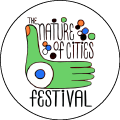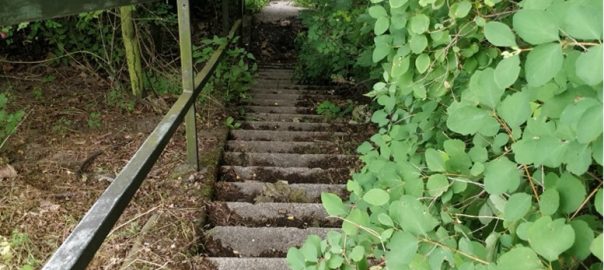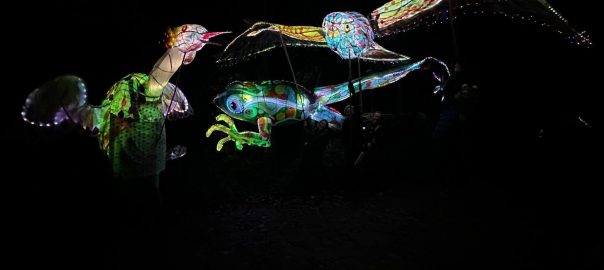10 April 2025
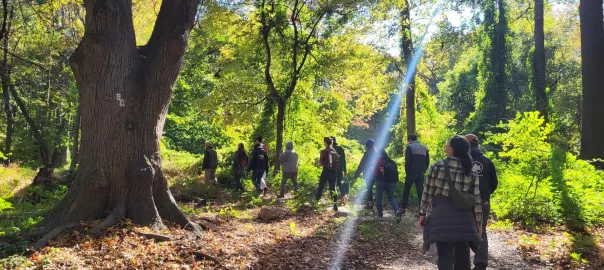
It can be easy to remain in the bubble of your own perspective, thinking that one’s relationship to place might be a universal phenomenon. When the phenomenon, in fact, is the uniqueness of each person’s relationship to place, community, home, and their perspectives, cultures, and lived experiences that shape the...
0 Comment(s)Join our Conversation
3 April 2025
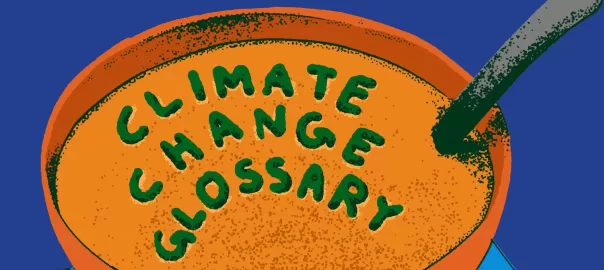
Climate action needs a new approach Ravaging fires and flooding, widespread ecological destruction, increasing dispossession and displacement: year after year, climate change action shows its tragic shortcomings because people and socio-territorial inequalities are not at the center of commitments, policies, and follow-up mechanisms. As long as global agreements and national...
0 Comment(s)Join our Conversation
24 March 2025
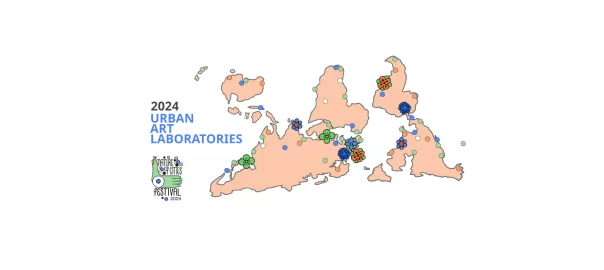
0 Comment(s)
Join our Conversation
19 March 2025
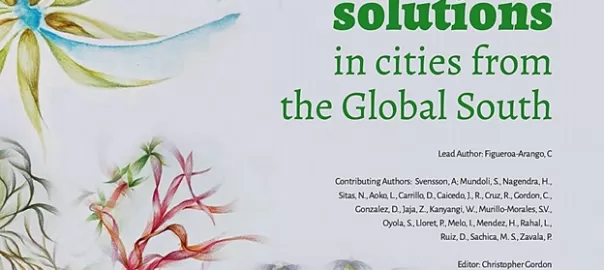
It’s December 12, 2035. I woke up in my apartment, in the middle of the city and there was a mountain. Yes, a mountain with a forest, greenery everywhere. I opened the windows and I could listen to the birds singing. I could smell the moist ground, the same smell...
2 Comment(s)Join our Conversation
4 March 2025
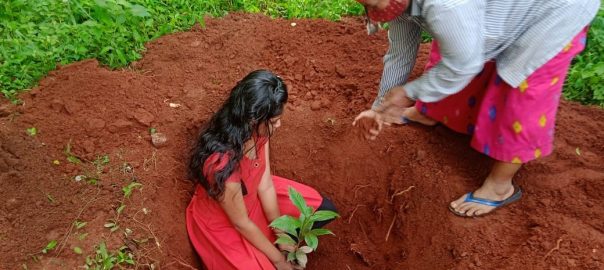
There is a close relationship between the three Es―economy, employment, and environment. Economic growth and jobs rely heavily on environmental resources, but a myopic focus on either of these aspects often results in environmental degradation. Green jobs have been seen as a way to buffer the adverse effects of economic...
0 Comment(s)Join our Conversation
23 February 2025
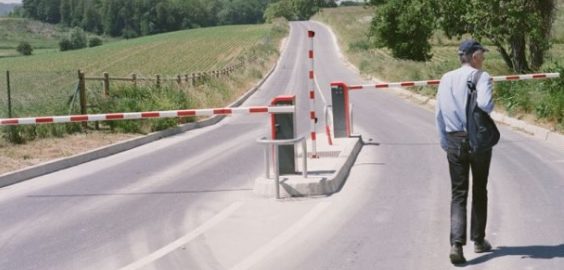
In a world where every route is optimized, where algorithms predict our movements, and speed becomes an unassailable norm, the detour stands out as an act of resistance. It is the assertion of reclaimed freedom, a refusal of systematic efficiency that reduces our experience of the world to a digital...
1 Comment(s)Join our Conversation
17 February 2025
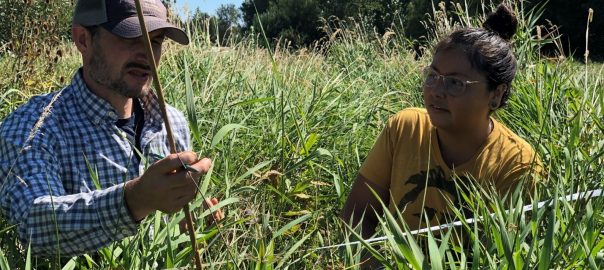
Serina Fast Horse and Toby Query met as employees at the City of Portland in 2018 while working on an innovative project that centered Indigenous voices and perspectives. This project, Shwah kuk wetlands (which means frog in Chinuk Wawa, a local indigenous trade language) intertwines Indigenous (or relational) and Western...
1 Comment(s)Join our Conversation
9 February 2025
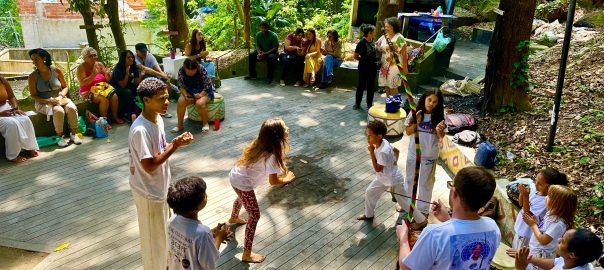
Places, much like nature, are in a constant state of change. This is especially true for Rocinha, Brazil’s most populous favela, home to approximately 200,000 people. Perched on steep hillsides in Rio de Janeiro’s Southern Zone, Rocinha is a vibrant, multi-layered community where life unfolds within a dense network of...
0 Comment(s)Join our Conversation
28 January 2025
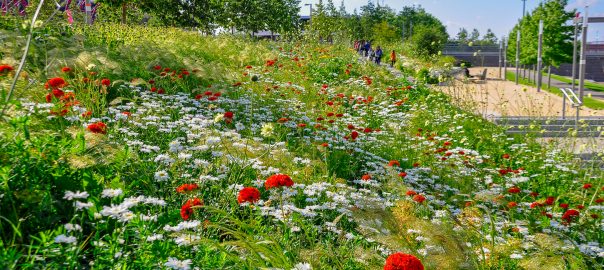
Biodiversity has always been important to environmental scientists, conservationists, landscape architects, and others but only recently seems to have entered the public domain. It took a long time for Australia to accept the climate emergency. It is pleasing to see that the biodiversity crisis has been accepted more readily. There...
0 Comment(s)Join our Conversation
21 January 2025
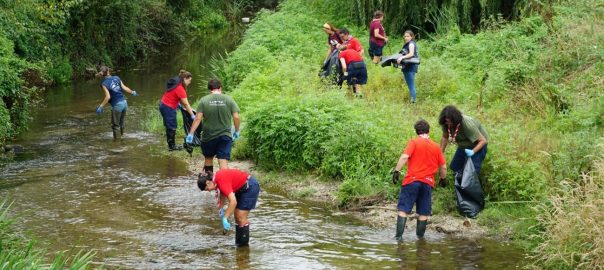
The United Nations Environment Programme (UNEP) estimates that 19 to 23 million tonnes of plastic waste end up in lakes, rivers, and seas annually[1]. This staggering number highlights the urgent need to tackle plastic pollution. The growing production of waste, inadequate disposal methods, and the slow degradation of plastics significantly...
0 Comment(s)Join our Conversation
16 January 2025
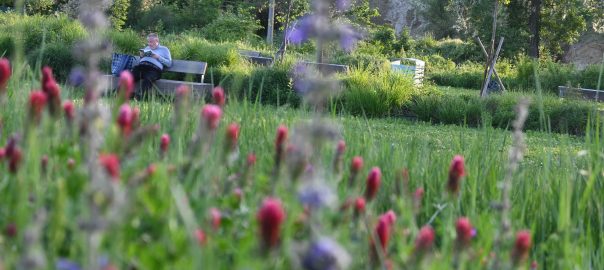
1 Comment(s)
Join our Conversation
7 January 2025
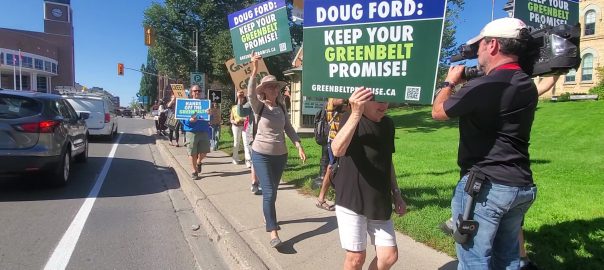
Commoning and climate justice The Greater Toronto Area (GTA) in Canada is bustling with youth-based climate action and advocacy. From bringing lawsuits against governments to advocating for fossil fuel divestment and spreading awareness about intersecting crises such as housing insecurity and climate impacts, young people are emerging as powerful voices...
1 Comment(s)Join our Conversation
30 December 2024
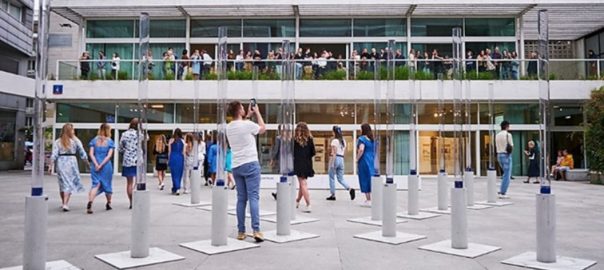
Cities are, at their best, collaborative masterpieces, aren’t they? They emerge from the interplay of diverse professions, ways of knowing, modes of action, governments, and, most importantly, the people who call them home. They are cultural, ecological, human, and non-human. Together (ideally), these forces shape cities based on shared—and sometimes...
0 Comment(s)Join our Conversation
17 December 2024
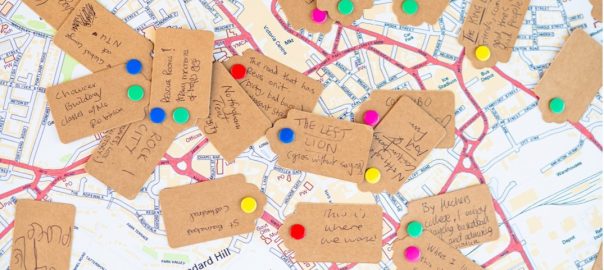
Love, a complex and profoundly influential emotion, has been widely explored in a variety of academic fields including sociology, psychology, anthropology, as well as human and physical geography. In geography, love is explored in several ways, including love of place and of nature (tophilia and biophilia) (see Tuan, 1974 and...
0 Comment(s)Join our Conversation
9 December 2024
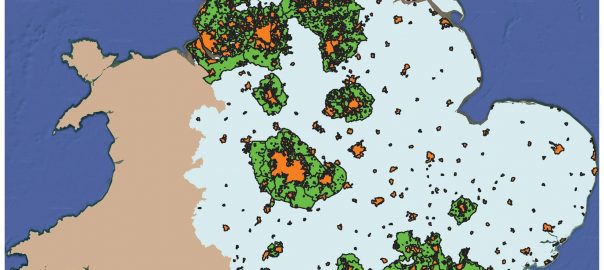
The UK’s new Labour-led government has pledged to tackle the country’s long-standing housing crisis head-on, with a bold promise to deliver 1.5 million new homes in the next five years. This plan comes in response to the mounting pressures of soaring demand, limited housing supply, and ever-increasing prices that have...
2 Comment(s)Join our Conversation
9 December 2024
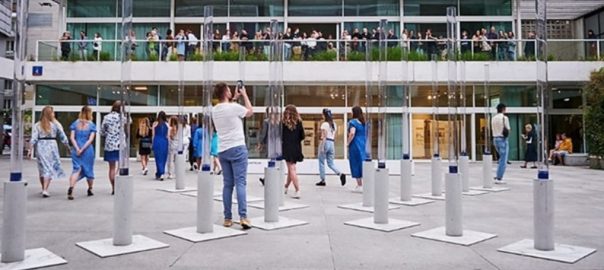
0 Comment(s)
Join our Conversation
4 December 2024
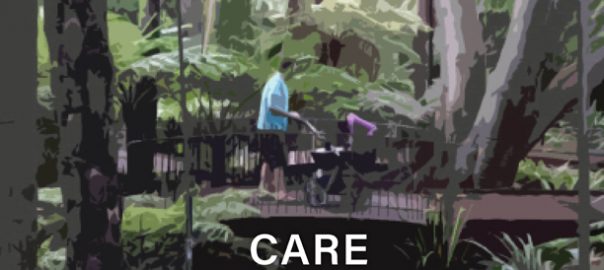
Each time our editorial team gathers to publish an issue of SPROUT, we reflect on the role of poetry to comment on the current state of the eco-urban. When we read through the submissions, we feel that our original vision and mandate for the journal is confirmed by the special...
0 Comment(s)Join our Conversation
28 November 2024
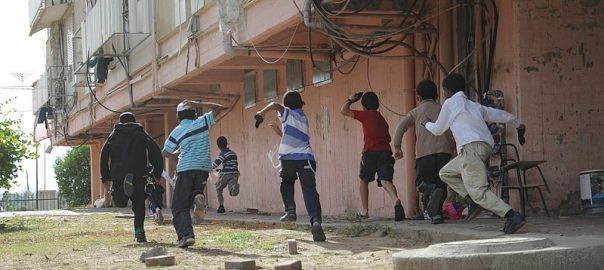
The world is still reeling from the massive mortality and setbacks of the COVID-19 pandemic and the ongoing political invasion and violence between Nation states. Polarized geopolitics has steered us in a dismal direction. Added to this, natural and human-made emergencies are creating further uncertainties. We would have thought that...
0 Comment(s)Join our Conversation


